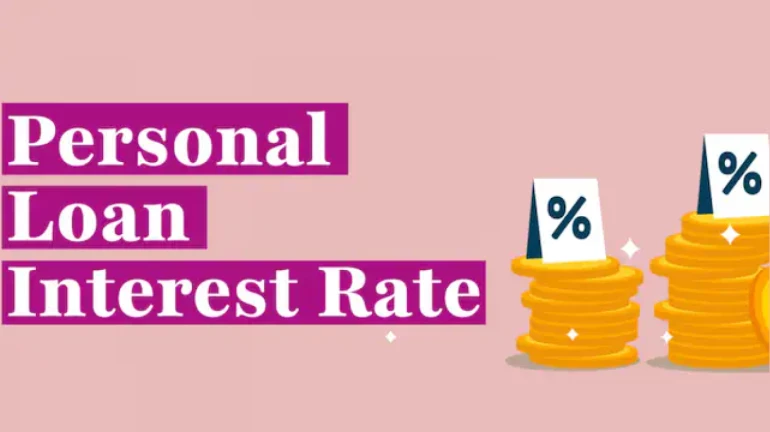
A Personal Loan is a popular financing option for individuals needing funds for emergencies, home renovations, weddings, travel, or debt consolidation. Since it is unsecured, lenders assess various factors before deciding the Personal Loan interest rates for an applicant.
Interest rates can vary significantly from one borrower to another. While some individuals secure a loan at a lower rate, others might get charged a higher percentage. This variation depends on multiple factors, including credit score, income stability, loan tenure, and the lender’s internal policies.
Knowing these factors can help you negotiate better terms and reduce your borrowing costs if you're planning to apply for a Personal Loan.
Your credit score plays a crucial role in determining the Personal Loan interest rates offered by lenders.
A high credit score (750 and above) indicates responsible financial behaviour, making lenders more confident in your repayment ability. This often leads to lower interest rates.
To improve your credit score:
Lenders assess your income level and job stability to determine your repayment capacity. A higher, steady income often translates to lower Personal Loan interest rates, while an irregular or lower income might lead to higher rates due to perceived risk.
How Your Income Affects Interest Rates
To get a better interest rate:
The amount you borrow and the repayment tenure impact the interest rate offered.
Use a Personal Loan EMI calculator to compare different tenure and loan amount combinations before applying.
Your debt-to-income ratio measures the proportion of your income used to repay existing loans. A lower DTI improves your chances of getting a Personal Loan at a lower interest rate.
Lenders usually prefer a DTI below 40%.
To reduce your DTI:
Existing customers with a good repayment history often receive preferential interest rates from their banks or NBFCs. If you have an existing savings account, salary account, or a prior loan with timely payments, your lender may offer a lower Personal Loan interest rate as a loyalty benefit.
To leverage this:
External economic factors, such as the Reserve Bank of India’s (RBI) monetary policy, influence Personal Loan interest rates.
To get the best deal:
Different financial institutions have different policies regarding Personal Loan interest rates.
Before applying, compare rates across multiple lenders to get the best deal.
Some lenders offer different interest rates based on the purpose of the loan. For instance:
Always clarify the loan purpose with the lender and check if there are any category-specific rate variations.
Several factors influence Personal Loan interest rates in India, including credit score, income stability, loan amount, tenure, and market conditions.
By improving financial discipline, maintaining a good repayment history, and comparing multiple offers, you can secure the best possible rate on your Personal Loan.
Planning your loan wisely using a Personal Loan EMI calculator ensures you select the right amount and tenure, making repayment manageable without financial stress.





